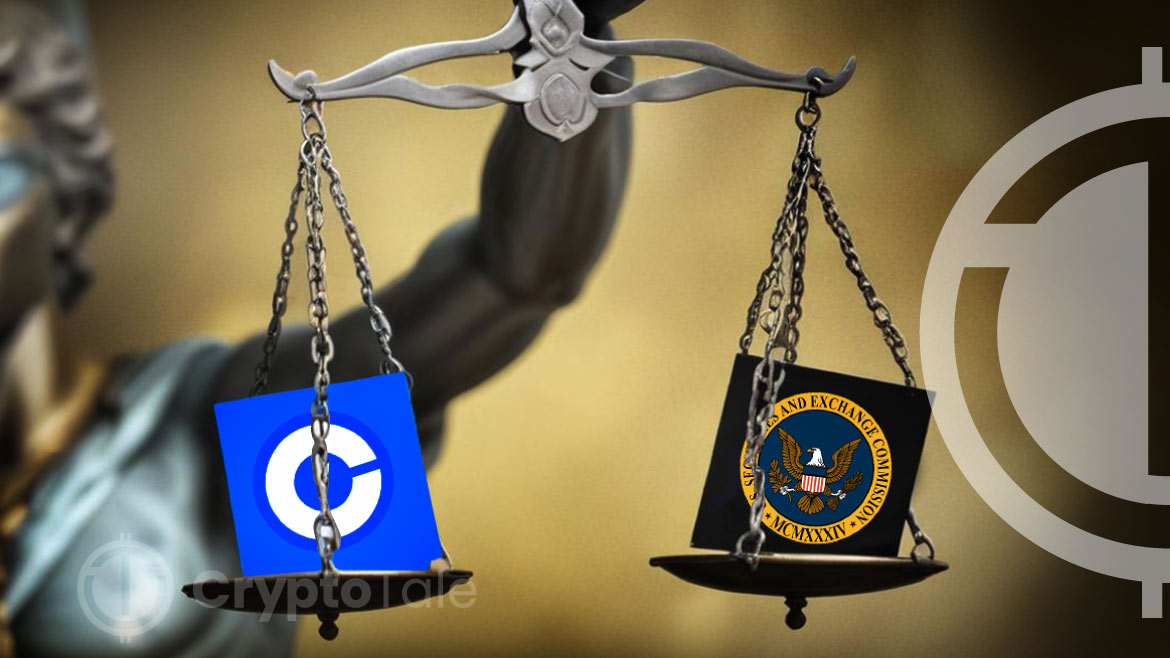- The SEC opposes Coinbase’s document requests, citing them as excessive and irrelevant to the case’s core issues.
- Coinbase argues for transparency, claiming requested documents reveal the SEC’s inconsistent digital asset regulations.
- Coinbase’s chief lawyer emphasizes the need for public insight into the SEC’s decision-making processes affecting the crypto industry.
The ongoing legal battle between the SEC and Coinbase has intensified as the regulator contests Coinbase’s discovery requests, deeming them excessively broad. The Securities and Exchange Commission (SEC) is challenging Coinbase’s bid to obtain a vast array of documents, including private communications from SEC Chair Gary Gensler. The SEC argues that Coinbase’s demands exceed what is necessary for the case and has labeled them disproportionate.
On August 5, the SEC submitted a motion to deny Coinbase’s extensive request. Coinbase seeks access to all internal and external emails about how the SEC applies securities laws to digital assets. The SEC has already provided over 240,000 documents and is reviewing an additional 117,000. According to the SEC, Coinbase’s request for further discovery, comprising three million documents, would be overly burdensome and irrelevant to the case’s central issues.
The SEC asserts that this additional document request is not pertinent to the legal arguments that will determine the case’s outcome, including the Howey analysis and fair notice defense. The Howey analysis is essential for deciding if specific assets are considered securities. Meanwhile, the fair notice defense evaluates whether Coinbase received adequate warning about the regulatory position on digital assets.
Ripple’s RLUSD Website: Signal of Ending SEC Legal Battles?In response to the SEC’s motion, Coinbase’s Chief Legal Officer, Paul Grewal, argued that the requested documents are crucial. He believes they will reveal inconsistencies in the SEC’s approach to digital assets and its regulatory practices. Grewal emphasized that greater transparency is essential, especially when the SEC is accused of pursuing a regulatory strategy through enforcement actions rather than clear rules.
Additionally, Grewal suggested that if the SEC is indeed embarking on an unprecedented enforcement campaign, it owes it to the public and targeted entities to be more transparent. He stressed that the public should have insight into the SEC’s decision-making processes, especially given the significant implications for the cryptocurrency industry.
The SEC, however, contends that it has already met its discovery obligations and sees no need to comply with Coinbase’s extensive requests. The regulator believes that producing three million more documents would be disproportionate and not aligned with the case’s needs.
The dispute dates back to June 2023, when the SEC filed a lawsuit against Coinbase, accusing the company of operating as an unregistered securities broker since 2019. The SEC’s complaint highlighted 13 crypto assets that were considered securities, alleging Coinbase violated federal securities laws.






